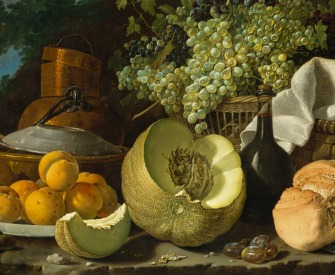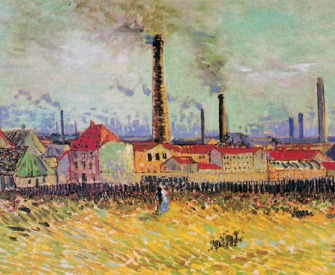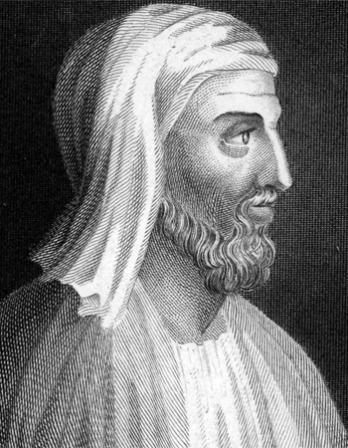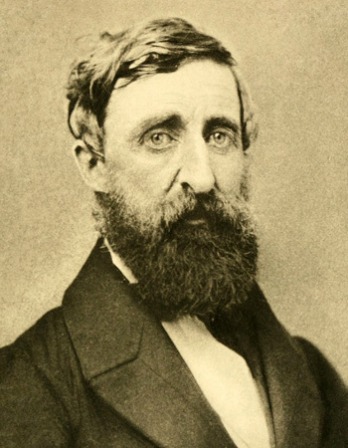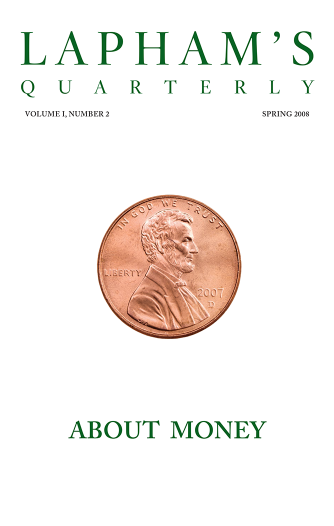Here grows the cure of all: this fruit divine,
Fair to the eye, inviting to the taste,
Of virtue to make wise. What hinders then
To reach and feed at once both body and mind?
So saying, her rash hand in evil hour
Forth reaching to the fruit, she plucked, she eat:
Earth felt the wound and nature from her seat
Sighing through all her works gave signs of woe
That all was lost. Back to the thicket slunk
The guilty serpent and well might for Eve
Intent now wholly on her taste naught else
Regarded, such delight till then as seemed
In fruit she never tasted whether true
Or fancied so, through expectation high
or knowledge, nor was godhead from her thought.
Greedily she engorged without restraint
And knew not eating death. Satiate at length
And heightened as with wine, jocund and boon,
Thus to herself she pleasingly began:
O sovereign, virtuous, precious of all trees
In Paradise, of operation blest
To sapience, hitherto obscured, infamed,
And thy fair fruit let hang as to no end
Created! But henceforth my early care,
Not without song each morning and due praise,
Shall tend thee and the fertile burden ease
Of thy full branches offered free to all
Till dieted by thee I grow mature
In knowledge as the gods who all things know,
Though others envy what they cannot give,
For had the gift been theirs it had not here
Thus grown. Experience next, to thee I owe,
Best guide. Not foll’wing thee, I had remained
In ignorance. Thou open’st wisdom’s way
And giv’st access though secret she retire.
And I perhaps am secret: heav’n is high,
High and remote to see from thence distinct
Each thing on earth and other care perhaps
May have diverted from continual watch
Our great Forbidder, safe with all His spies
About Him. But to Adam in what sort
Shall I appear? Shall I to him make known
As yet my change and give him to partake
Full happiness with me? Or rather not,
But keep the odds of knowledge in my pow’r
Without copartner so to add what wants
In female sex, the more to draw his love
And render me more equal and, perhaps,
A thing not undesirable, sometime
Superior: for inferior who is free?
This may be well. But what if God have seen
And death ensue? Then I shall be no more
And Adam wedded to another Eve
Shall live with her enjoying, I extinct:
A death to think! Confirmed then I resolve
Adam shall share with me in bliss or woe.
So dear I love him that with him all deaths
I could endure, without him live no life.
From Paradise Lost. Born in 1608, three years before the publication of the King James Bible, Milton grew up on the same street as the Mermaid Tavern, where Ben Jonson drank. Having published “The Reason of Church Government” in 1642 and “Areopagitica” in 1644, he served as secretary for foreign tongues after Charles I’s execution, taking on as his assistant Andrew Marvell. Milton published his epic poem in 1667.
Back to Issue

